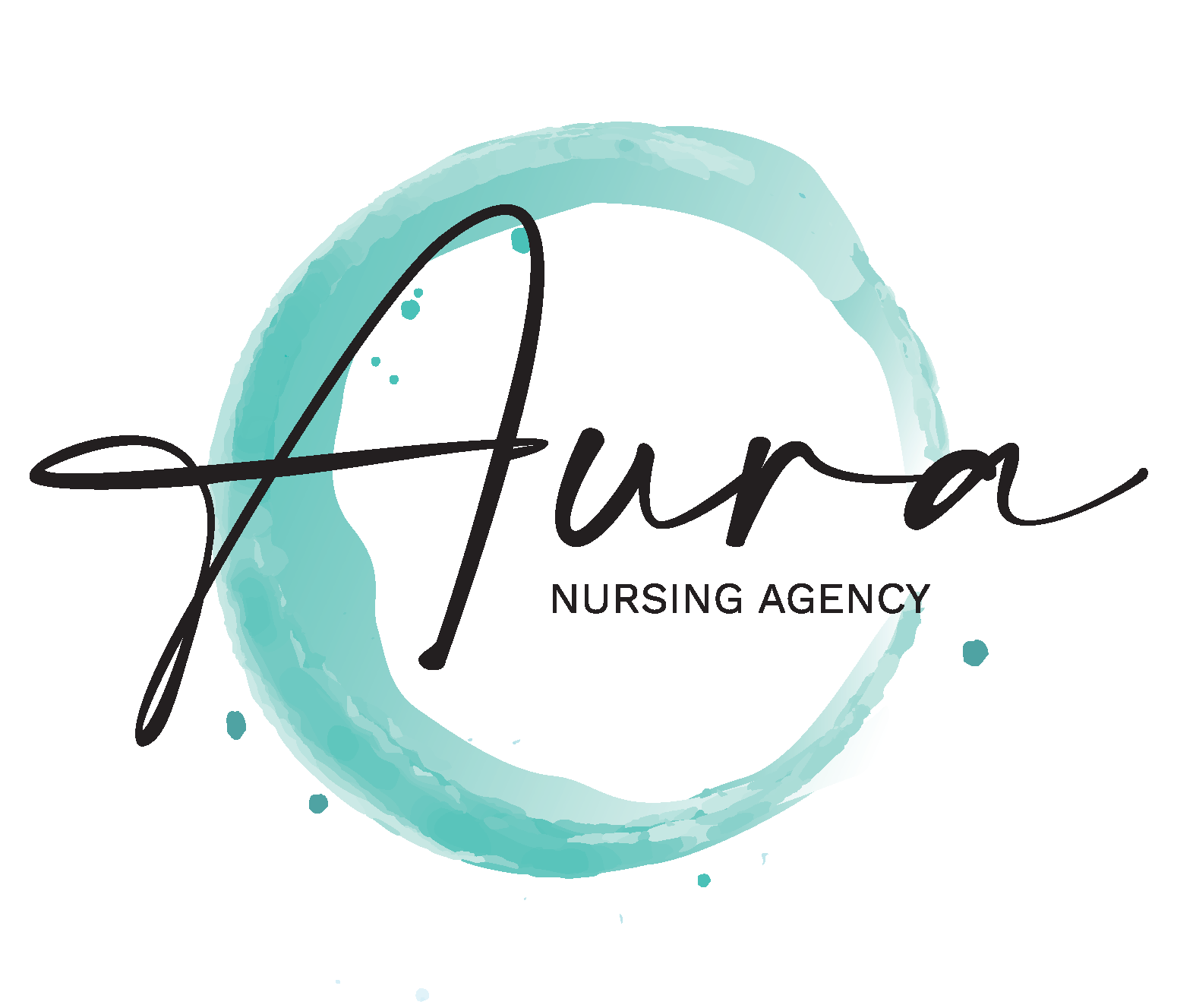DEPRESSION:
What is depression?
Depression (also known as major depression, major depressive disorder, or clinical depression) is a common but serious mood disorder. It causes severe symptoms that affect how a person feels, thinks, and handles daily activities, such as sleeping, eating, or working.
To be diagnosed with depression, the symptoms must be present for at least 2 weeks.
There are different types of depression, some of which develop due to specific circumstances.
Who gets depression?

Depression can affect people of all ages, races, ethnicities, and genders.
Women are diagnosed with depression more often than men, but men can also be depressed. Because men may be less likely to recognize, talk about, and seek help for their feelings or emotional problems, they are at greater risk of their depression symptoms being undiagnosed or undertreated.
Studies also show higher rates of depression and an increased risk for the disorder among members of the LGBTQI+ community.
What are the signs and symptoms of depression?
If you have been experiencing some of the following signs and symptoms, most of the day, nearly every day, for at least 2 weeks, you may have depression:
- Persistent sad, anxious, or “empty” mood
- Feelings of hopelessness or pessimism
- Feelings of irritability, frustration, or restlessness
- Feelings of guilt, worthlessness, or helplessness
- Loss of interest or pleasure in hobbies and activities
- Fatigue, lack of energy, or feeling slowed down
- Difficulty concentrating, remembering, or making decisions
- Difficulty sleeping, waking too early in the morning, or oversleeping
- Changes in appetite or unplanned weight changes
- Physical aches or pains, headaches, cramps, or digestive problems without a clear physical cause that do not go away with treatment
- Thoughts of death or suicide or suicide attempts
Not everyone who is depressed experiences all these symptoms. Some people experience only a few symptoms, while others experience many.
Symptoms associated with depression interfere with day-to-day functioning and cause significant distress for the person experiencing them.
Depression can also involve other changes in mood or behavior that include:
- Increased anger or irritability
- Feeling restless or on edge
- Becoming withdrawn, negative, or detached
- Increased engagement in high-risk activities
- Greater impulsivity
- Increased use of alcohol or drugs
- Isolating from family and friends
- Inability to meet the responsibilities of work and family or ignoring other important roles
- Problems with sexual desire and performance
Depression can look different in men and women. Although people of all genders can feel depressed, how they express those symptoms and the behaviors they use to cope with them may differ. For example, men (as well as women) may show symptoms other than sadness, instead seeming angry or irritable. And although increased use of alcohol or drugs can be a sign of depression in anyone, men are more likely to use these substances as a coping strategy.
In some cases, mental health symptoms appear as physical problems (for example, a racing heart, tightened chest, ongoing headaches, or digestive issues). Men are often more likely to see a health care provider about these physical symptoms than their emotional ones. Because depression tends to make people think more negatively about themselves and the world, some people may also have thoughts of suicide or self-harm.
Several persistent symptoms, in addition to low mood, are required for a diagnosis of depression, but people with only a few symptoms may benefit from treatment. The severity and frequency of symptoms and how long they last will vary depending on the person, the illness, and the stage of the illness.
If you experience signs or symptoms of depression and they persist or do not go away, talk to a health care provider. If you see signs or symptoms of depression in someone you know, encourage them to seek help from a mental health professional.
What is Botox?
Botox comes from the neurotoxin produced by the Clostridium botulinum bacterium, the same organism that causes food poisoning. In minute doses, Botox can safely block the nerve impulses that cause over contraction of facial muscles. This allows the muscles to relax, making the skin smooth and wrinkle-free.
Botox is best applied to dynamic wrinkles, or wrinkles caused by repeated muscle movements. If you have moderate or harsh midface wrinkles caused by skin laxity or collagen depletion, consider one of our popular injectable dermal filler products.
Why might Botox help treat depression?
In the human embryo, the central nervous system and the cutaneous (skin) system descend from the same layer of cells. We have known about it "since embryologists figured that out a century or so ago". There are many physical neurological connections between the brain and the skin, and they are bidirectional. The term "Psycho Dermatology" was coined as early as the 70's, it was more recently defined in a 2001 report published by American Academy and Family Physicians that outlines a series of skin disorders that are aggravated emotional stress including eczema and psoriasis.
In 2006, the National Institutes of Health published a study linking problem acne and increased rates of depressive tendencies in teens. A little over a decate later, a report in the journal of the american medical association found that dermatology patients with atopic dermatitis were 44% more likely to have suicidal thoughts than those without.
Atopic Dermatitis is the most common type of Eczema and then there was the Botox and depression study in 2014, Scientifically rooted in the Psychiatric connection between our moods and our face. Botox is not making you happier but is in theory making you less sad-taking pics and valleys and bringing them closer to baseline, which is similar in effect to antidepressants that have proven benefits for people with major depressive disorder.
Botox could be transported to the regions of the central nervous systems involved in mood and emotions. Since Botox is commonly used to treat chronic conditions that may contribute to depression, its success in relieving the underlying problem may directly also relieve depression.
More research is needed to determine the mechanism by which Botox acts as an antidepressant.
Contact Us




